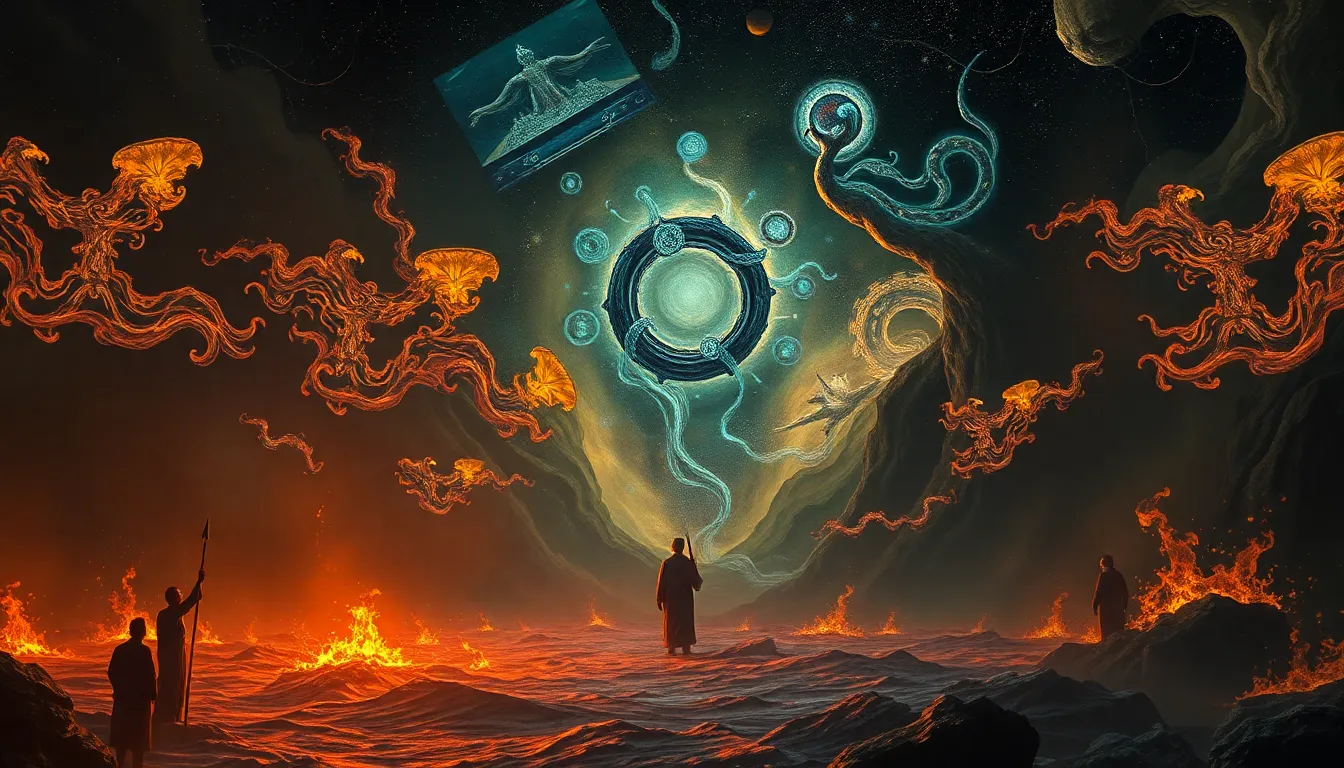The Birth and Prophecy of Huitzilopochtli
Huitzilopochtli, the Aztec god of war, was a central figure in their mythology and religious beliefs. His story begins with a prophecy foretelling his birth and the rise of the Aztecs. According to Aztec legend, the goddess Coatlicue, the mother of the gods, was impregnated by a ball of feathers, a supernatural event that enraged her other children, the Centzonuitzli,
Theories on the Historical Origins of Huitzilopochtli
While the birth story of Huitzilopochtli is a mythological tale, scholars have theorized about the potential historical origins of this powerful deity. One theory suggests that Huitzilopochtli may have been the god of a pre-existing group of people who were later incorporated into the Aztec culture.
Another theory posits that Huitzilopochtli may have been a representation of the sun god, reflecting the importance of the sun in Aztec agriculture and daily life. The association of Huitzilopochtli with the sun is also seen in his association with the hummingbird, a bird known for its connection to the sun.
The historical origins of Huitzilopochtli remain a subject of debate. However, his importance in Aztec mythology and religious practices suggests that he represented something fundamental to their worldview and identity.
Huitzilopochtli and the Aztec Calendar
The Aztec calendar, a complex system that incorporated both solar and lunar cycles, held significant religious meaning. Huitzilopochtli played a prominent role in this calendar, associated with the day sign "Xiuhtecuhtli," which represented the sun.
The Aztecs believed that the universe was constantly in motion, fueled by the sacrifice of human blood. This belief was reflected in their calendar, which included cycles of renewal and destruction. Huitzilopochtli, as the god of war and the sun, was at the center of this cosmic dance, representing the power and energy that drove the universe.
Huitzilopochtli’s Relationship with Other Aztec Gods
Huitzilopochtli, while a powerful figure, was not the only god in the Aztec pantheon. He had a complex relationship with other deities, reflecting the intricate tapestry of Aztec mythology.
Huitzilopochtli was the son of Coatlicue, the Earth Mother goddess, and was closely tied to the forces of creation and destruction. He was often portrayed as being in conflict with his siblings, the Centzonuitzli, representing the forces of chaos and darkness.
He also had a strong connection to Tlaloc, the god of rain and agriculture, symbolizing the interconnectedness of war, nature, and human life in Aztec thought. Understanding the intricate relationships between Huitzilopochtli and other Aztec gods reveals the rich tapestry of their mythology.
The Legacy of Huitzilopochtli in Modern Culture
The legacy of Huitzilopochtli extends far beyond the realm of history and mythology. He continues to be a source of fascination and inspiration in modern culture, appearing in various forms of art, literature, and film.
Huitzilopochtli's image has been used in contemporary art, serving as a symbol of power, courage, and the enduring legacy of Aztec culture. He also appears in literature and film, often portrayed as a fierce and powerful warrior, embodying the spirit of the ancient Aztecs.
The continued presence of Huitzilopochtli in modern culture highlights the enduring influence of Aztec mythology and the power of ancient stories to resonate with audiences today.
The Importance of Understanding Huitzilopochtli in the Context of Aztec Mythology
Understanding the role of Huitzilopochtli in Aztec mythology is crucial to comprehending the rich tapestry of Aztec religion, culture, and worldview. He was not simply a god of war; he represented the forces of creation and destruction, the cyclical nature of existence, and the complex relationship between humans and the divine.
Studying Huitzilopochtli allows us to gain valuable insights into the Aztec worldview, their beliefs about the universe, and their understanding of human existence. He serves as a bridge between ancient history and modern society, reminding us of the enduring power of mythology to inspire and inform our understanding of the world.
FAQs
What does the name Huitzilopochtli mean?
The name Huitzilopochtli is believed to have derived from the Nahuatl words "huitzil" (hummingbird), "olotl" (left), and "pochtli" (messenger). The name, therefore, can be interpreted as "the hummingbird left-handed messenger," reflecting his association with the hummingbird and his role as a warrior and messenger of the gods.
Why was Huitzilopochtli so important to the Aztecs?
Huitzilopochtli was crucial to the Aztec identity and held a prominent position within their religious beliefs. He was seen as their patron god, guiding them in war and ensuring their survival. Their belief in his power and influence motivated their actions, shaping their culture and society.
Why was human sacrifice so important to the Aztec religion?
The Aztecs believed that the universe was constantly in motion and required a continuous supply of energy to sustain itself. They believed that human sacrifice provided this energy, ensuring the sun's continued journey across the sky and maintaining the balance of the cosmos. Huitzilopochtli, as the sun god, was closely linked to this ritualistic practice.
What were some of the rituals associated with Huitzilopochtli?
Rituals associated with Huitzilopochtli were often elaborate and dramatic, involving music, dance, and human sacrifice. The most famous of these rituals was the annual "Feast of the Sun," where a captive warrior was chosen as a sacrifice to appease the god.
How did the Aztecs believe Huitzilopochtli came to be their patron god?
According to Aztec mythology, the Aztecs were led by the god Huitzilopochtli on their journey to the Valley of Mexico. The god guided them to a sacred place, which they named Tenochtitlan, and helped them establish their empire. His role in founding their city and leading them to victory earned him the status of their patron god.


